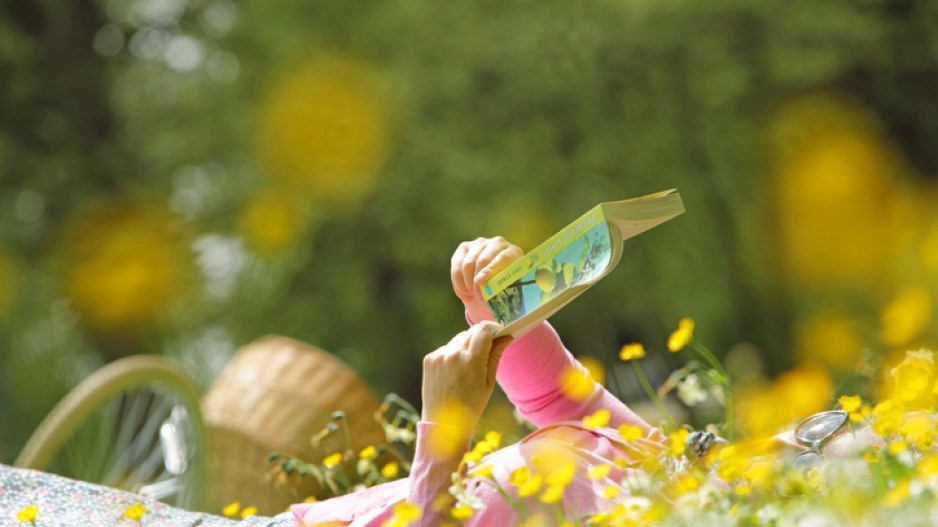Each week, BIV staff will share with you some of the interesting stories we have found from around the web.
Kirk LaPointe, publisher and editor-in-chief:
How has Apple compromised its values to operate in China? Let us count the ways: censorship, data storage, surveillance among them. – The New York Times
https://www.nytimes.com/2021/05/17/technology/apple-china-censorship-data.html
Burnout may feel like a new phenomenon, but historian Jill Lepore finds its roots of the vague condition that defies us. - The New Yorker
https://www.newyorker.com/magazine/2021/05/24/burnout-modern-affliction-or-human-condition
Anthropologist Robin Dunbar’s work on friendships first came to my attention in Malcolm Gladwell’s books (we can handle 150, it seems, but perhaps as many as 250). He has his own new book coming on the circle of friendships, timely as we try to emerge from the pandemic. - The Atlantic
Mark Falkenberg, deputy managing editor
Like other countries, Canada has racked up a Godzilla-sized deficit tab to keep things running during the pandemic. But how will it pay that debt? One answer is through modern monetary theory, which isn’t all that modern in that it essentially amounts to the Bank of Canada printing more money.
“This is heresy among more conventional economists, never mind the politicians and pundits who pride themselves on fiscal discipline,” writes former Vancouver magazine editor Max Fawcett. “But, after watching governments and central banks throw trillions of dollars at the COVID-19-driven economic crisis only to have inflation disappear and interest rates drop to zero, that consensus may be cracking.” – The Walrus
https://thewalrus.ca/why-canada-wont-go-broke/
How a mixup stemming from early 1960s research into tuberculosis helped accelerate the spread of COVID-19, six decades later. – Wired
https://www.wired.com/story/the-teeny-tiny-scientific-screwup-that-helped-covid-kill/
Glen Korstrom, reporter:
I found it humorous, insightful and hopefully a sign of what’s to come, when I read what Walmart CFO Brett Biggs said after the world’s largest retailer’s May 18 earnings report.
Walmart has seen a bump in sales for teeth whitener:
“You can tell that the masks are coming off.” – Wall Street Journal
The B.C. government was caught off-guard by the U.S. Senate’s unanimous vote May 13 to allow U.S. cruise ships to bypass B.C. ports for as long as the Canadian government banned ships larger than 100 passengers from docking at Canada’s ports.
I was too, to be honest.
The bill now is likely to pass the U.S. House and get President Joe Biden’s signature, becoming law – and B.C. cruise sector advocates fear that any temporary override could become permanent.
That sent me down a rabbit-hole of reading about the complex politics and history of U.S. protectionist policies around large ships.
This was one of the more enlightening articles I read on the subject, as it notes that it is the 1886 Passenger Vessel Services Act that is being overridden for cruise ships (not the 1917 Jones Act, which makes similar requirements for other large merchant vessels.)
The U.S. bans all foreign-flagged cruise ships from leaving a U.S. port and docking at another U.S. port without first visiting a port in a foreign country (unless the final-destination port on the voyage is a far-off foreign country port defined in law).
The crazy thing is that no U.S. ship-building facility constructs cruise ships.
Only U.S.-flagged cruise ships can legally leave a U.S. port and travel to another U.S. port without first touching a foreign port. And I learned this week that in order to be U.S.-flagged, these ships not only need to be registered in the U.S., but also built in the U.S.
The lack of U.S. cruise-ship building makes for a law that protects few if any American jobs, and that makes it all the more likely that the 135-year-old law could be permanently overridden. – TravelAgeWest.com
https://www.travelagewest.com/Travel/Cruise/This-Is-Why-Cruise-Ships-Are-Mostly-Registered-Abroad
Timothy Renshaw, managing editor:
And now for something completely different: good news. This dispatch, which documents how waste plastics can be turned into jet fuel, comes courtesy of the chronically optimistic folks at The Brighter Side of News
https://www.thebrighterside.news/post/new-technology-converts-waste-plastics-to-jet-fuel-in-an-hour
Cross another carry-on item off your airline travel list: cow dung. – Slash Gear
https://www.slashgear.com/us-customs-asks-travelers-to-stop-putting-cow-dung-in-baggage-11672415/
More rich people problems. They don't understand poor people. – Salon
As Napoleon Bonaparte once observed: “The surest way to remain poor is to be honest.”




